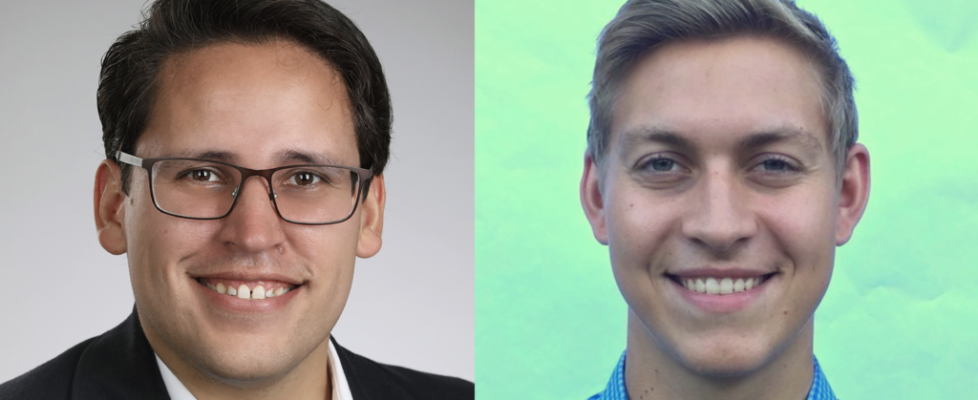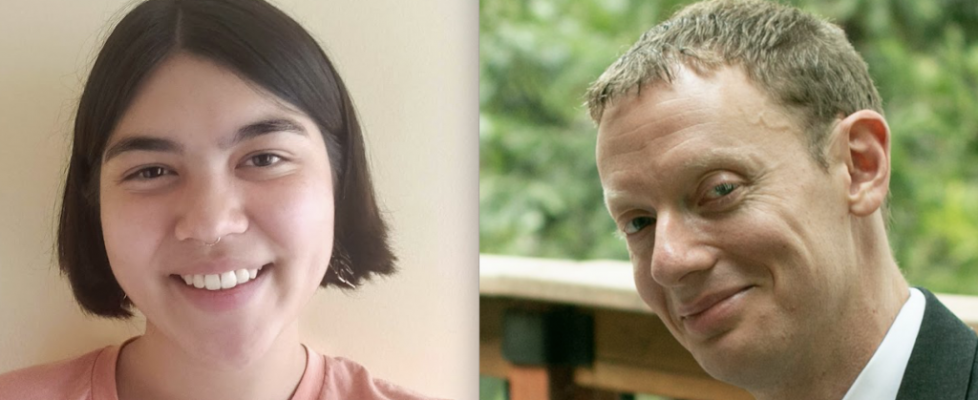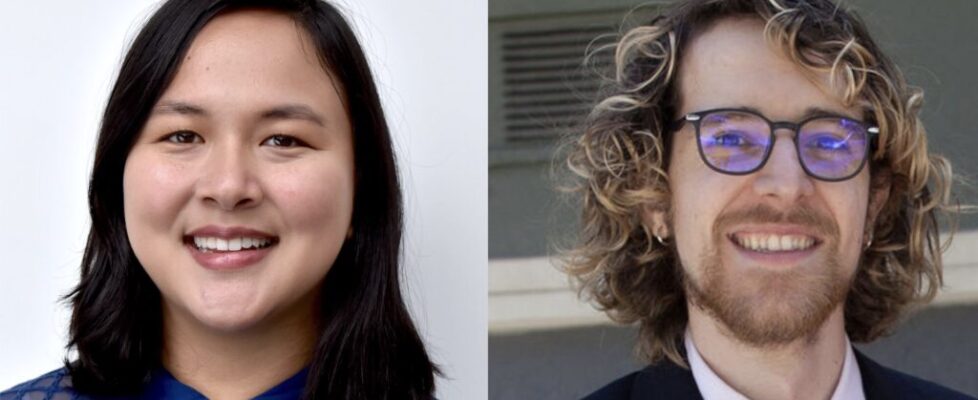Neural Engagement; Algorithmic Manipulation – May 17
Wonderfest Science Envoys are early-career researchers with special communication skills and aspirations. Following short talks on provocative modern science topics, these two Science Envoys will answer questions with insight and enthusiasm:
• Stanford neuroeconomist Tara Srirangarajan on Neural Engagement With Nature Imagery — The power of Internet media to capture attention, inspire emotions, and motivate behavior pervades much of modern life. Nature imagery — from pets to wildlife to landscapes — engages the public toward a variety of ends. Understanding the neural mechanisms that underlie the effect of such imagery can drive prosocial action on climate change and other environmental issues.
• UC Berkeley computer scientist Micah Carroll on Manipulation via Social Media Algorithms — A new class of AI algorithm is working to maximize user engagement across social media — actually trying to change the user in order to make more money for parent Internet companies. When we browse online social content, e.g. on Instagram or TikTok, exactly how will AI play with our minds?
This event is free. But what value do these science insights have FOR YOU? Accordingly, please use the space below to contribute to nonprofit Wonderfest, and help to promote the scientific outlook broadly — as through our outstanding Science Envoy Program.

Memory; Supernovae – May 9
Wonderfest Science Envoys are early-career researchers with special communication skills and aspirations. Following short talks on provocative modern science topics, these two Science Envoys will answer questions with insight and enthusiasm:
• Stanford neuroscientist Douglas Steven Miller on Why Can’t I Remember? — Memory is a fundamental component of life. However, memory within and across individuals can vary. By studying attention, we can illuminate key components of these differences and perhaps strengthen our memory.
• UC Berkeley astrophysicist Sergiy Vasylyev on Cosmic Fireworks — Some stars go out with a bang: a cataclysmic explosion known as a supernova. Supernovae allow us to study the composition and dynamics of the Universe. Astronomers are able to use certain properties of light and atoms to peer inside the extreme environments of these cosmic fireworks from the safety of planet Earth.
This event is free. But what value do these science insights have FOR YOU? Accordingly, please use the space below to contribute to nonprofit Wonderfest, and help to promote the scientific outlook broadly — as through our outstanding Science Envoy Program.

Laser Micro-imaging; Mental Time Travel – Mar 24
Wonderfest Science Envoys are early-career researchers with special communication skills and aspirations. Following short talks on provocative modern science topics, these two Science Envoys will answer questions with insight and enthusiasm:
• UC Berkeley physicist Jeske Dioquino on “Laser Micro-imaging” — With the help of the electron microscope, researchers are taking pictures of some of nature’s smallest biological structures. To improve the contrast in these images, allowing us to study even smaller structures, a high-intensity laser joins the fray.
• Stanford neurobiologist Marc Harrison on “Mental Time Travel” — As we grow older, our ability to mentally time travel via episodic memory begins to change. Recent advances that utilize biomarkers of disease states, in combination with neuroimaging, have opened exciting new doors in the early detection of Alzheimer’s disease.
This event is FREE. But what value do these science insights have FOR YOU? Accordingly, please use the space below to contribute to nonprofit Wonderfest, and help to promote the scientific outlook broadly — as through our outstanding Science Envoy Program.

